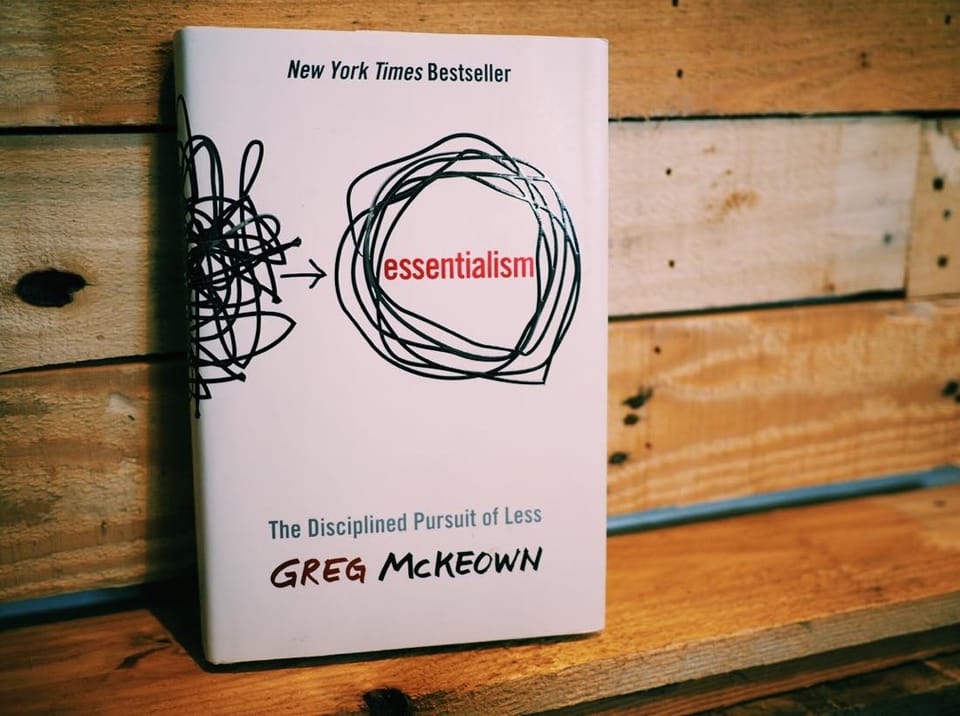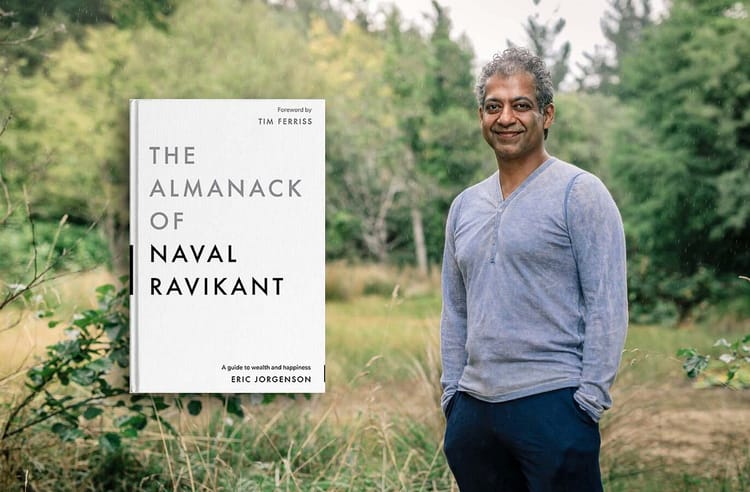How Doing LESS Can Lead to MORE Sales

Essentialism for the Small Business Owner: How Doing Less Can Lead to More Sales
If you're running a small or solo business, chances are you're wearing more hats than you can count. You’re the strategist, the technician, the admin, the customer service team – and if you're not careful, you can end up being very busy… but not very effective. That’s why Essentialism by Greg McKeown is such a timely and relevant read. It’s not about getting more things done. It’s about getting the right things done.
In a world obsessed with hustle, Essentialism is a counterintuitive but quietly powerful philosophy – a bit like turning down the noise in order to finally hear the tune. Here's what stood out to me, especially through the lens of making more meaningful sales and running a leaner, smarter business.
The Cost of Every “Yes”
McKeown opens with a stark truth: every time you say yes to something, you’re saying no to many other things. Like a shopkeeper who fills every inch of their window display, you may find that you’re actually making it harder for people to see what you really offer.
For sales-focused business owners, this is about being ruthless with where you spend your energy. Not every opportunity is equal. Not every prospect is worth chasing. Saying “yes” needs to become a high-bar decision – it should be a “Hell yes!” or it’s a no.
Explore: Create Space to Think (and Sell Smarter)
The first step in Essentialism is to explore, and that means carving out time to get out of the whirlwind. McKeown talks about “escaping” – not in a dramatic ‘sell everything and move to Bali’ kind of way, but in small, structured moments where you’re unavailable to the world and fully present with your thoughts.
This space is where you can think strategically about who your best customers are, where your revenue really comes from, and what actions move the needle. If you’re constantly reacting to emails, pings, and pings about pings, you’re not doing your best thinking – and that affects sales clarity.
The analogy here is: you can’t steer the ship if you’re constantly bailing out water.
Play, Sleep, and the Power of “No”
Yes, he talks about sleep and play – and before you roll your eyes, think about this: we’re talking about sharpening the saw, not slacking off.
– Play enhances creativity and problem-solving. That might look like experimenting with a new offer or having a real conversation with a prospect without trying to sell anything.
– Sleep protects the “asset” – you. A tired business owner makes poor decisions, especially when stressed. And selling under stress rarely ends well.
– And then there’s the magic of saying no. Not just to clients who aren’t a fit, but also to distractions disguised as opportunities – the endless networking events, the social media rabbit holes, the shiny tools.
McKeown reminds us that clarity of purpose allows us to say no with grace, not guilt.
Eliminate: Cutting the Clutter in Business and Mind
Once you've made space to think, the next move is to eliminate. This means editing your business the same way a great writer edits a story – removing everything that doesn't serve the narrative.
In business, this could mean:
– Dropping a service that’s profitable but drains your energy
– Letting go of a marketing channel that eats time but doesn’t convert
– Saying “no” to a partnership that doesn’t align with your values or vision
Think of this stage as tidying your professional house. It’s not about minimalism for the sake of it – it’s about making room for what really matters.
Execute: Systems That Sell Without Overwhelm
With clarity and space comes the time to execute. But McKeown’s approach is refreshingly grounded: he’s not advocating all-nighters and aggressive goal-setting. Instead, he suggests creating buffers, routines, and removing obstacles that make action harder than it needs to be.
For sales, this could look like:
– Pre-qualifying leads before every call, so you’re not wasting time
– Having a system for follow-ups that runs weekly like clockwork
– Removing manual admin tasks that bog you down with automation or delegation
If your current business routine feels like dragging a wheelbarrow uphill, this book encourages you to redesign it so you’re walking downhill instead.
Focus on Progress, Not Perfection
There’s an elegant simplicity in McKeown’s encouragement to build momentum through small wins. Sales isn’t just about closing big deals; it’s about consistent action – connecting, following up, refining your pitch, improving your offer.
Essentialism invites us to build a system that supports progress – not random sprints of activity when things get desperate, but daily habits that keep you in flow.
And if you’re wondering how to stay focused amid the noise, here’s one practical gem: W.I.N – What’s Important Now? It’s a grounding question that brings you back to where your effort counts the most.
Being, Not Just Doing
The book closes with a mindset shift: Essentialism isn’t something you do – it’s who you are. It’s a way of moving through your business and your life with clarity, purpose, and quiet confidence. It’s deciding to be known for one thing done well, rather than many things done just okay.
In essence, it’s not just about selling more – it’s about selling smarter, from a place of integrity, purpose, and intentional effort.
If you’re feeling stretched thin or caught in the trap of busyness disguised as productivity, Essentialism may be the most generous gift you give to yourself this year. Not because it adds more to your plate – but because it helps you clear it.
After all, the disciplined pursuit of less is how you make room for more – more sales, more joy, more impact.
Watch the Video here. or Buy the Book on Amazon.





Member discussion